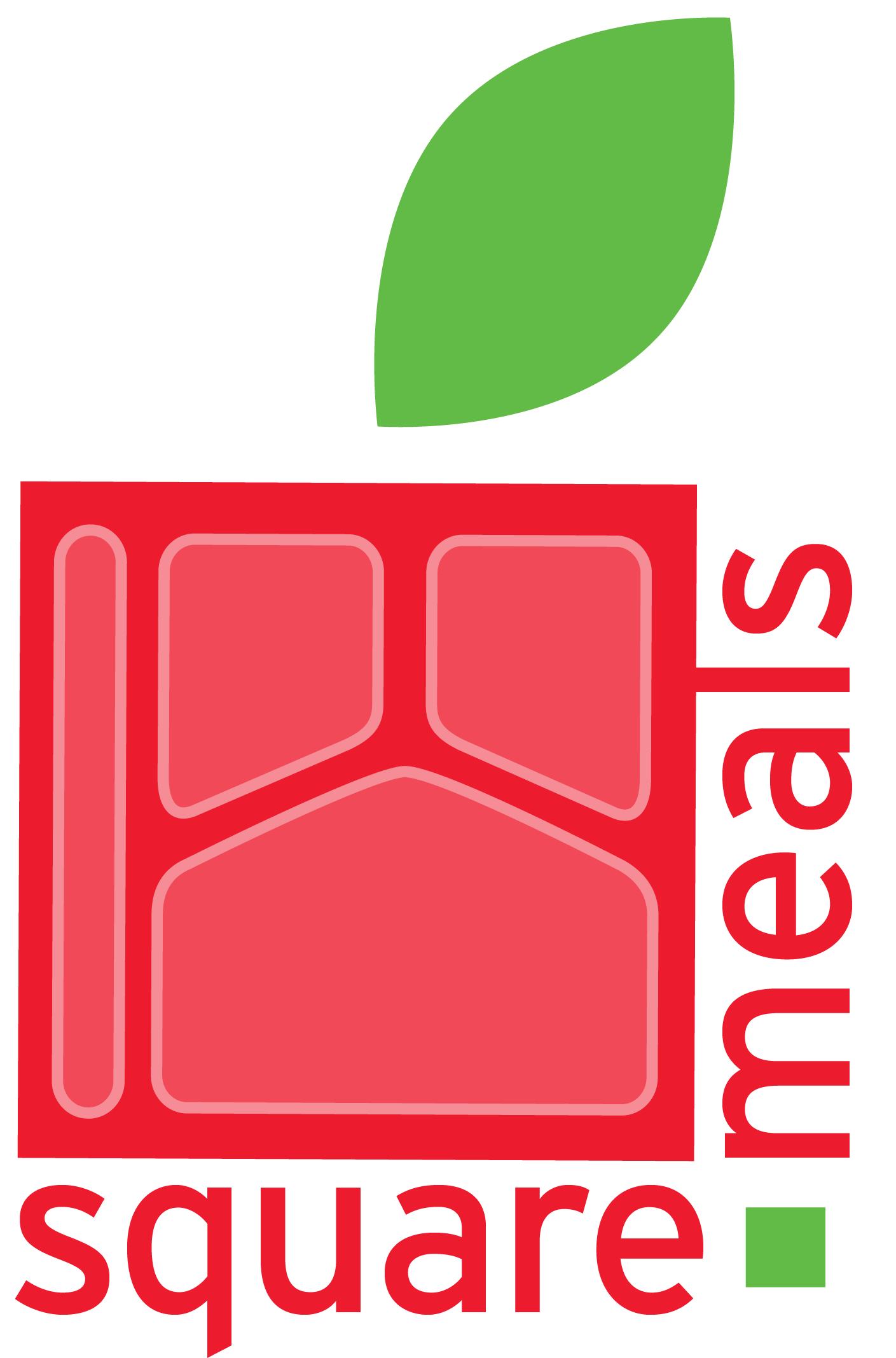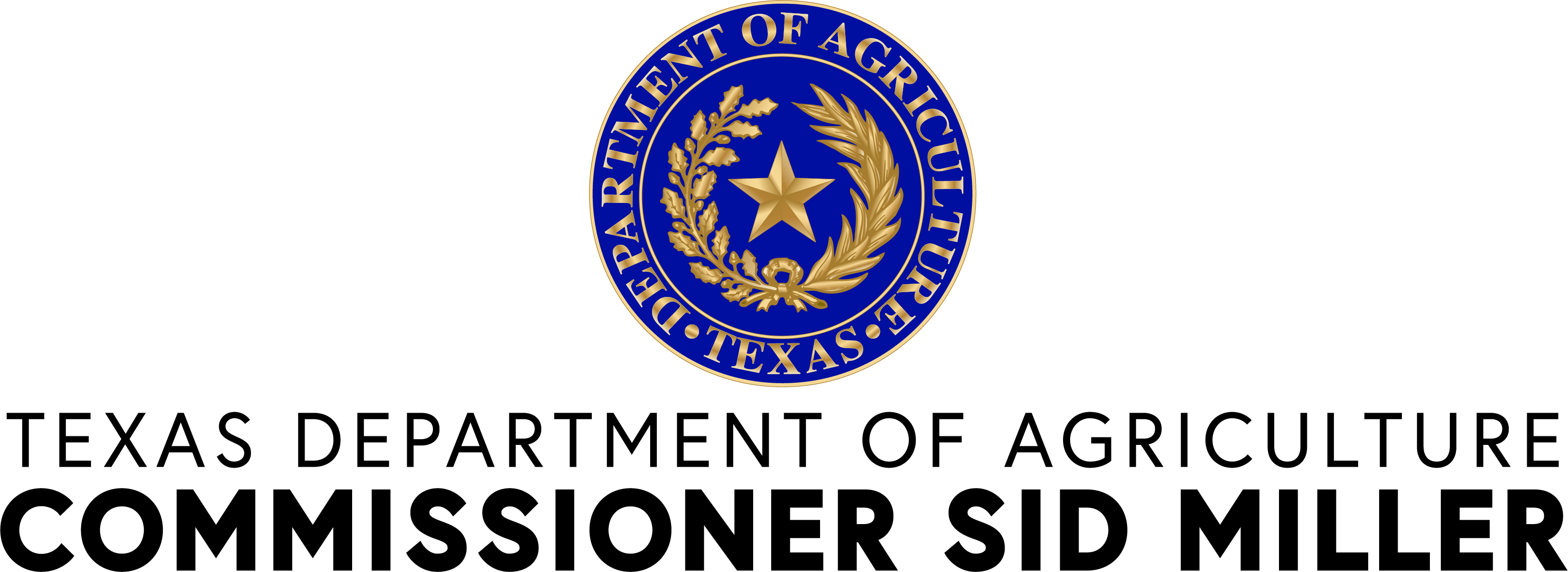| To see News by Program, select from an option below:
|
|
|
|
|
|
|
|
|
Published: 1 years 303 days ago
" On April 25, USDA released the final and improved nutrition standards for the Child Nutrition Programs. Changes primarily affect the National School Lunch Program and School Breakfast Program, but several changes also affect CACFP. Program operators are not required to make any changes to their menus until October 1, 2025. USDA has released the following resources to support implementation: https://www.fns.usda.gov/cn/school-nutrition-standards-updates.
"
On April 25, USDA released the final and improved nutrition standards for the Child Nutrition Programs. Changes primarily affect the National School Lunch Program and School Breakfast Program, but several changes also affect CACFP. Program operators are not required to make any changes to their menus until October 1, 2025.
TDA is working to review the rule in-depth and determine the best path of implementation. TDA will communicate updates to guidance in newsletters and on the Policy page of SquareMeals.org: https://www.squaremeals.org/Programs/Child-and-Adult-Care-Food-Program/Policy-Handbook
Updates affecting CACFP include:
Added Sugars
• Limits added sugars in cereals and yogurts – rather than total sugars – by Fall 2025.
Supporting Other Food Preferences
• Allows nuts and seeds to credit for the full meats/meat alternates component, removing the 50 percent crediting limit for nuts and seeds at breakfast, lunch, and supper.
Supporting Local Food Purchases
• Expands the geographic preference option to allow “locally grown,” “locally raised,” or “locally caught” as procurement specifications for unprocessed or minimally processed food items.
Fluid Milk Substitutes
• Updates Vitamin A and Vitamin D units of measurement for fluid milk substitutes from IU to mcg. No changes were made to the amounts of Vitamin A and Vitamin D.
Terminology Change
• Changes references to “dry beans and peas (legumes)” to “beans, peas, and lentils.”
For more information about changes made by the final rule, see these USDA resources:
• Implementation Timeline for Key Updates to Nutrition Standards: https://www.fns.usda.gov/cn/school-nutrition-standards-updates/implementation-timeline-cacfp-sfsp
• USDA Webpage: https://www.fns.usda.gov/cn/school-nutrition-standards-updates
###
|
|
|
|
|
|
|
Assistance available in English and Spanish. Please call 877-TEX-MEAL (877-839-6325) for help. Additional translations services available as well.
|
|
In accordance with federal civil rights law and U.S. Department of Agriculture (USDA) civil rights regulations and policies, this institution is prohibited from discriminating on the basis of race, color, national origin, sex, disability, age, or reprisal or retaliation for prior civil rights activity.
Program information may be made available in languages other than English. Persons with disabilities who require alternative means of communication to obtain program information (e.g., Braille, large print, audiotape, American Sign Language), should contact the responsible state or local agency that administers the program or USDA’s TARGET Center at (202) 720-2600 (voice and TTY) or contact USDA through the Federal Relay Service at (800) 877-8339.
To file a program discrimination complaint, a Complainant should complete a Form AD-3027, USDA Program Discrimination Complaint Form which can be obtained online at: https://www.usda.gov/sites/default/files/documents/ad-3027.pdf, from any USDA office, by calling (866) 632-9992, or by writing a letter addressed to USDA. The letter must contain the complainant’s name, address, telephone number, and a written description of the alleged discriminatory action in sufficient detail to inform the Assistant Secretary for Civil Rights (ASCR) about the nature and date of an alleged civil rights violation. The completed AD-3027 form or letter must be submitted to USDA by:
|
|
1. Mail:
U.S. Department of Agriculture
Office of the Assistant Secretary for Civil Rights
1400 Independence Avenue, SW
Washington, D.C. 20250-9410; or
2. Fax: (833) 256-1665 or (202) 690-7442; or
|
|
| This institution is an equal opportunity provider. |
 |

|
|
|